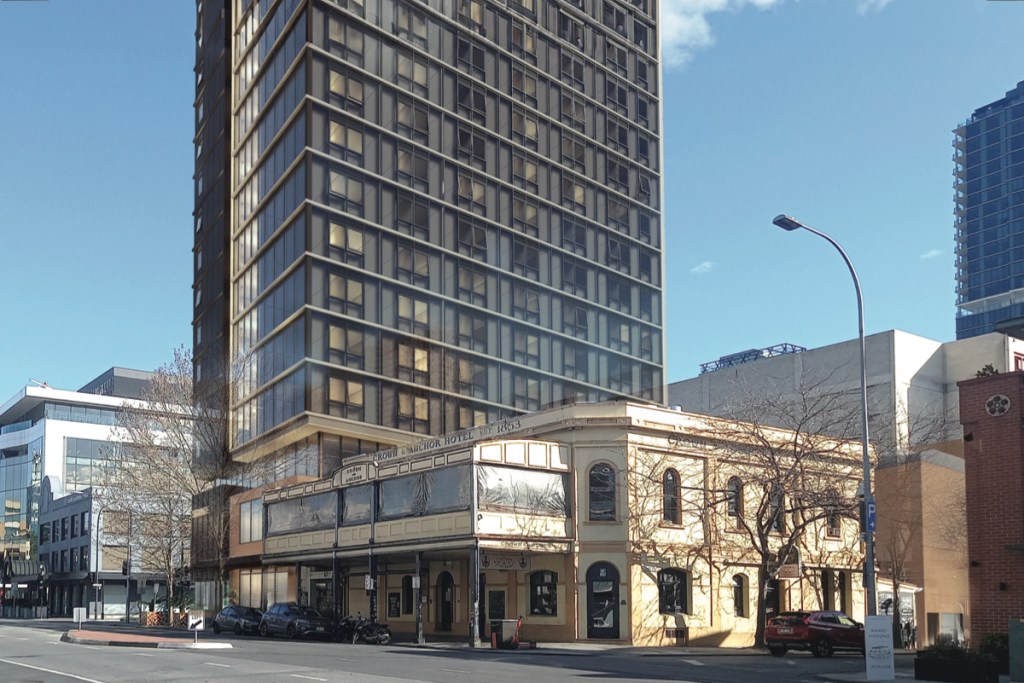Australia business conditions worst since pandemic, NAB survey says

- by Admin
- December 10, 2024

SYDNEY (Reuters) – A measure of Australian business activity slid to its lowest since the pandemic in November as confidence took a turn for the worse amid tough trading conditions in the manufacturing and retail sectors.
The survey from National Australia Bank (NAB) showed its index of business conditions dropped 5 points to +2 in November, its weakest reading since late 2020. The more volatile confidence index sank to -3, more than reversing October’s jump to +5.
Sales slowed a sharp 8 points to +5 in the month, while profitability sank 6 points to -1 and employment intentions dipped 1 point to +2.
“While we were optimistic last month, it appears the trend of well below-average confidence remains intact,” said Alan Oster, chief economist at NAB.
“Conditions in the goods sector remain weak,” he added. “Interestingly conditions in the services sectors – recreation & personal services and finance, business & property services – continue to track at a higher rate.”
Activity fell across all industries with retail and manufacturing reporting the worst conditions.
The disappointing results suggest the economy has not picked up following a very soft performance in the third quarter when household consumption struggled in the face of high borrowing costs.
The Reserve Bank of Australia wraps up its December policy meeting later on Tuesday and is widely expected to hold rates at 4.35%, where they have been for the past year.
Measures of cost pressures in the NAB survey were mostly steady in November, though retail prices slowed to a quarterly pace of 0.6%, from 1.1% in October.
Growth in input costs ticked up to 1.1%, while labour costs held at 1.4%. The official measure of consumer price inflation had slowed sharply to 2.8% in the September quarter, though much of that was due to temporary government rebates on electricity bills.
(Reporting by Wayne Cole; Editing by Shri Navaratnam)
The Latest News
-
December 22, 2024Indian team’s Vice-captain has a wholesome exchange with an Australian sports Team: Share jerseys before Boxing-Day Test
-
December 22, 2024Australian cricket could be burned by missing generation of players
-
December 21, 2024Australian media and India clash during restricted presser
-
December 21, 2024With son, Tiger Woods has shot at lifting first trophy in 5 years – Australian Golf Digest
-
December 21, 2024Aussie cricket could be burned by missing generation


